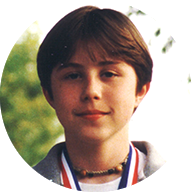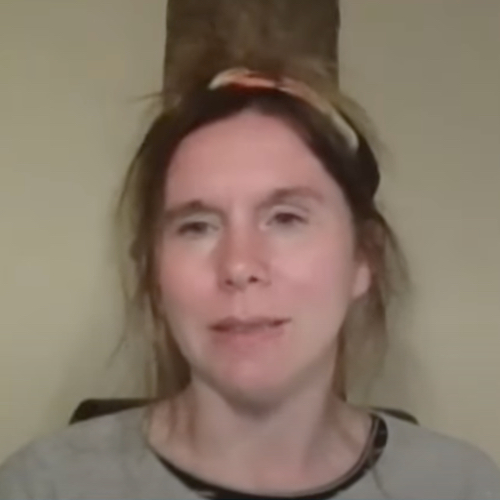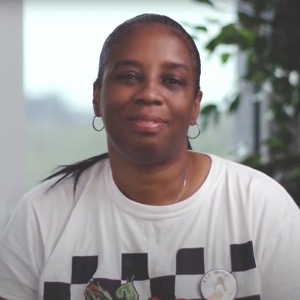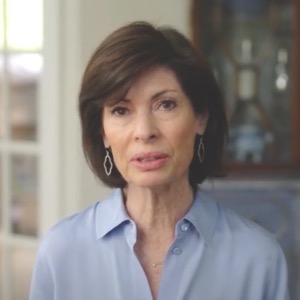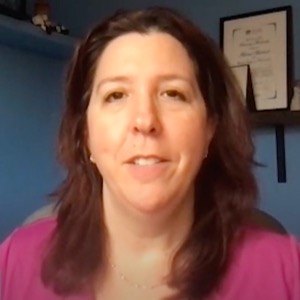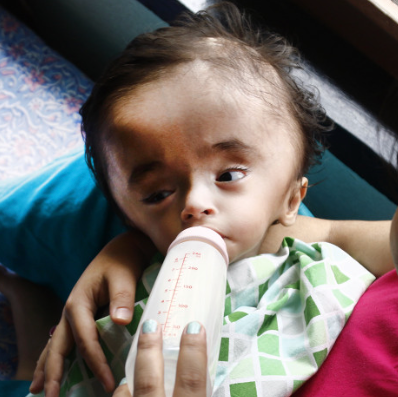Lewis Blackman was one of those children who just shines. For all his short life, he seemed to float effortlessly to the top no matter what he tried to do. He was a soccer player, a saxophone player, a writer, an actor in community theater, one of the top students in our state of South Carolina. We, his parents, thought he was the most brilliant boy in the world. We thought he would grow up to set the world on fire.
Two months after Lewis’s fifteenth birthday, we took him to a large teaching hospital for a minimally invasive operation to correct a defect of the chest wall, pectus excavatum. The surgery, as far as we know, went uneventfully. Afterward, Lewis was put on heavy doses of opioid pain medications, delivered through an epidural. He was also prescribed a full adult course of the IV painkiller Toradol, a regimen not now recommended for young teens. Even so, his pain was difficult to control. His opioid dose was continually increased. The Toradol, which had no discernable effect, was faithfully injected every six hours.
With so many painkillers, Lewis’s breathing was affected. He was monitored by pulse oximeter, and his oxygen saturation levels were never what they should have been. Because he had a history of asthma, the hospital staff did not seem to take this seriously. The day after surgery they moved the setting for the alarm from 90% saturation down to 85%, a very low level. They were concerned that the alarm would keep Lewis awake.
On Sunday morning, the third day after surgery, Lewis was suddenly stricken with an excruciating pain in the area of his stomach. This was very different form his surgical pain and much more sever: 5 on a scale of 1 to 5. Initially concerned, the nurses eventually decided he had an ileus, severe constipation caused by the epidural narcotics. That assessment stuck like a burr as Lewis’s condition spiraled downhill. His belly grew distended and bowel sounds ceased. He became paler and paler and his temperature dropped. His heart rate skyrocketed. He ceased to urinate. Because it was a Sunday, the only doctor we saw was an intern, five months out of osteopathic school. When we requested an attending physician, another resident came (and neglected to inform us of his status). All confirmed the diagnosis of constipation.
That night, Lewis’s oxygen saturation dropped so low that even the 85% pulse oximeter setting was too high to prevent the alarm from going off. The nurse turned the pulse oximeter off, again in the hope that Lewis could get some sleep. But in his state there was no sleep. We spent the night trying to manage his agonizing pain, nausea, and growing weakness. When the vital signs technician came the next morning, she could not find a blood pressure. In response, the intern and nurses spent 2 ¼ hours scouring the hospital , looking for a blood pressure machine or cuff that would register a reading. In all, they took his blood pressure 12 times with seven different instruments. The crisis was declared over when a second-year resident arrived from the operating room and, in a fit of wishful thinking, announced she had found a normal blood pressure. Just over an hour later, Lewis went into cardiac arrest and died. No attending physician had ever been called.
An autopsy the next morning showed a perforated duodenal ulcer, a well-known risk of the medication Toradol. From a known deadly side effect of a drug he was taking, Lewis had developed peritonitis and lost nearly three-fourths of his blood over the course of 30 hours, while his young caregiver assured us that nothing was seriously wrong.
What happened to Lewis was a result of a system that had no care for its patients. Residents and young nurses were left alone to perform jobs for which they were inadequately trained, with no ability to recognize a declining patient and no one to turn to when questions arose. Our family was also left completely isolated without a way to call for help. Trends in vital signs were not noted or even charted. The one objective monitor, the pulse oximeter, was first modified and then silenced. No one was there to speak for the patient.

